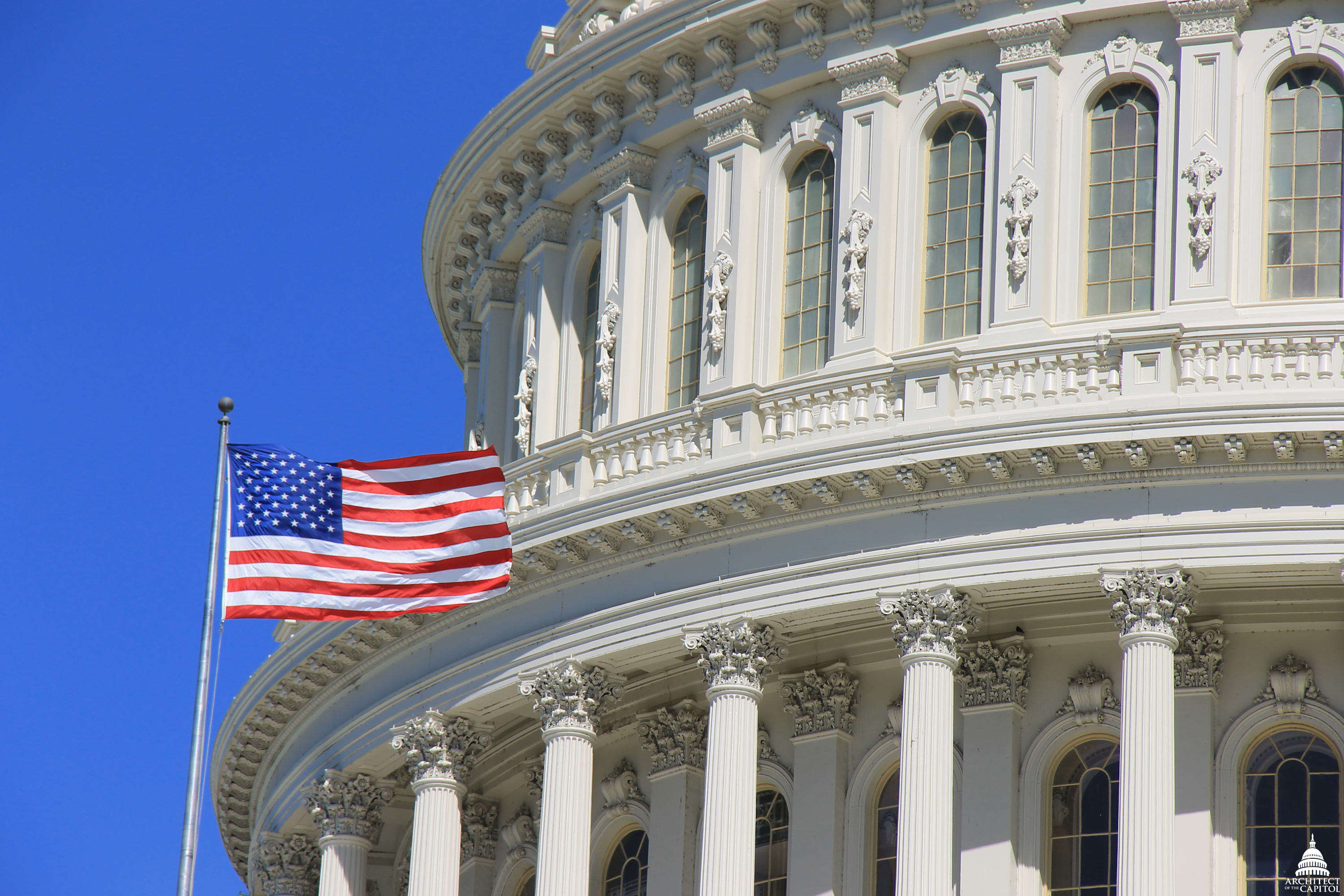
Proposed regulatory review commissions would circumvent procedural safeguards.
A healthy regulatory system must have the capacity to examine existing rules in order to consider, with the benefit of hindsight, whether they are out of date or are not working as well as originally contemplated. Since 2011, the Obama administration has made sustained efforts to induce agencies to engage in retrospective review of rules on a continuing basis, but critics claim that an additional mechanism is needed. More specifically, they argue that an independent commission should be charged with identifying unneeded rules and making largely unchallengeable decisions to eliminate them.
In the House of Representatives, a pending proposal for such a commission is embodied in the discussion draft of a bill known as the Searching for and Cutting Regulations that are Unnecessarily Burdensome Act, or simply the SCRUB Act. In the Senate, Senators Angus King (I-ME) and Roy Blunt (R-MO) have introduced a comparable bill, the Regulatory Improvement Act (S. 1390), to implement the commission idea.
The SCRUB Act contains some particularly ill-considered provisions. For example, the Act would violate the Appointments Clause of the Constitution because it would give the force of law to decisions made by commission members who have been appointed by legislative leaders. The unconstitutionality of such a statute has been clear since Buckley v. Valeo. Moreover, under the SCRUB Act, commission decisions would go into effect (on a delayed basis) even if Congress were to pass a joint resolution to disapprove the commission report. And the bill would allow four of the nine commissioners to nullify an agency’s major rule even if they were outvoted by the other five!
Although the Regulatory Improvement Act is drafted with greater restraint, ultimately both bills share some of the same inherent flaws.
The two proposals are patterned after the independent commission model that was used to select military bases for closure pursuant to the Defense Base Realignment and Closure (BRAC) Act, but the analogy is dubious. The BRAC system was defensible in its own context because that commission was not called on to make fundamental policy choices. Political actors widely agreed on the need to close military bases. The point on which they disagreed was which bases should be closed, a matter that Congress could not effectively address on its own because members from the affected locality would fiercely resist the closure of any particular base. In the context of retrospective review, however, fundamental regulatory policy judgments would have to be made at every turn. Assignment of these judgments to an independent commission would raise legitimacy questions that go far beyond the BRAC precedent.
Under both bills, the selection of commissioners would be made prior to any decision as to what subject areas the commission would address. There would be no reason to expect most members to have expertise in those areas, nor any familiarity with the surrounding regulatory context. Clearly, their qualifications would compare poorly with those of administrative agency heads who interact on a daily basis with career staff who can bring longtime experience and expertise to bear on highly specialized problems. Thus, the bills would forego the very advantages that have led Congress to entrust these problems to administrative agencies in the first place.
Moreover, unlike the heads of an administrative agency, the commission members would have little or no political accountability for their choices. The Senate bill does provide that the commission’s recommendations would have to be approved by Congress, but the legislative judgment would be limited to taking an up-or-down vote on the entire package, with no amendments allowed, after an extremely short period of review. These aspects of the plan for congressional consideration would prevent (indeed, are intended to prevent) the House and Senate from making decisions about the specific details of the package. Under the SCRUB Act, the commission’s decisions would not require congressional approval at all.
Furthermore, there would presumably be no judicial review to monitor the quality of the commission’s reasoning and the factual grounding of its conclusions. Nor would the Office of Information and Regulatory Affairs (OIRA), the agency, or anyone else who could play a quality control role have the ability to constrain the commission’s exercise of its powers. The situation would be completely unlike agency rulemaking, in which external reviewers insist that the agency support its decision, whether regulatory or deregulatory, with a comprehensive analysis. Those safeguards have been instituted precisely in order to ensure that an agency’s decisions will be rigorously analyzed and consistent with the legal regime that the agency is required to implement.
I would not dismiss entirely the potential value of a commission approach in identifying and formulating a plan to deal with problems of obsolescence in a regulatory program. A better model would be one in which a specific area is chosen for examination in advance, and members with expertise and experience in that particular area are selected for service on the commission. Furthermore, the proposals of such a group should serve as recommendations to the agency responsible for the regulatory program. The high-profile nature of the commission’s report would put pressure on the agency to consider it seriously, and other political actors could look to the report and lend support (or voice opposition). If the agency declined to follow some of the commission’s advice, it would likely have to justify that decision on judicial review. The agency would also be politically accountable to the oversight committees of Congress and to the public for that refusal. This approach, therefore, would realize much of the benefit of an independent appraisal without displacing the agency as the body that is responsible for fulfilling the overall program prescribed by its authorizing legislation.
A rocket launch that looks headed for failure is scrubbed, and my recommendation for the SCRUB Act and its Senate counterpart would be about the same.
This essay is part of The Regulatory Review’s five-part series, Debating the Independent Retrospective Review of Regulations.
Pictured in the text is the U.S. Capitol exterior. Photo Credit: Architect of the Capitol.




